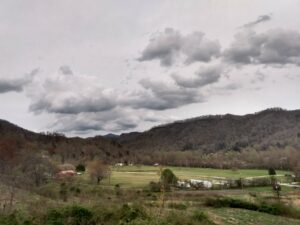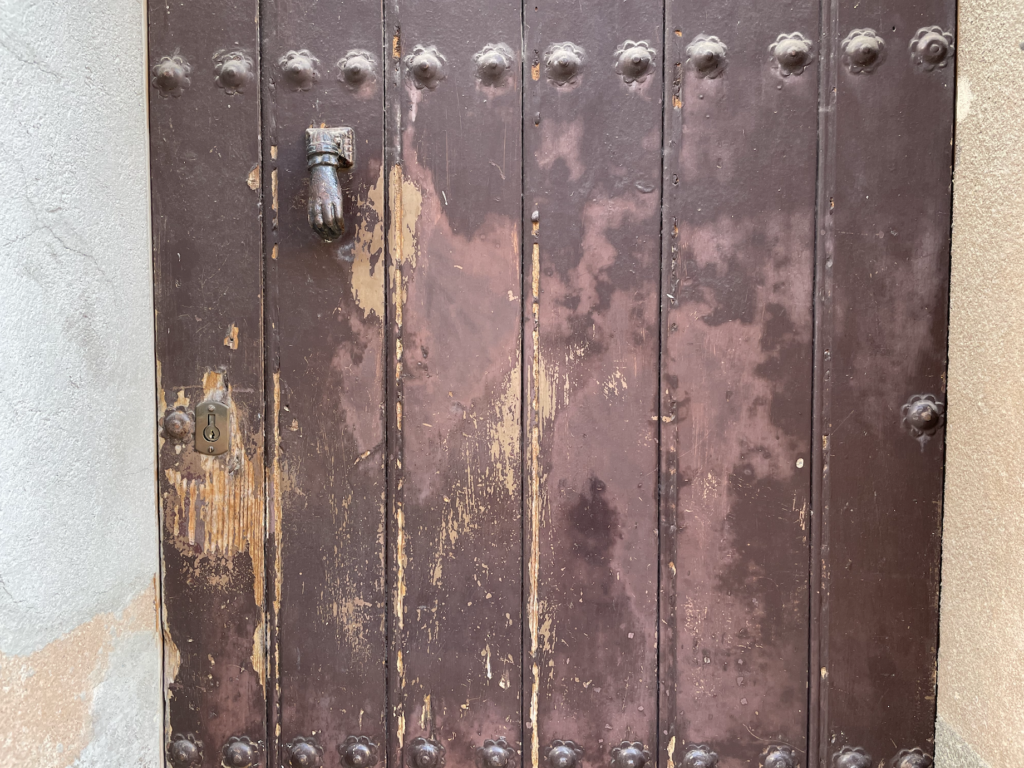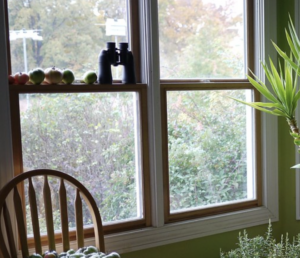By EDWARD LEES

Photos by author.
Lahaina, Maui
When I was young, my parents
took me to Pompeii.
I remember the grouped bodies in the museum
of people who had tried to shelter.
By EDWARD LEES

Photos by author.
Lahaina, Maui
When I was young, my parents
took me to Pompeii.
I remember the grouped bodies in the museum
of people who had tried to shelter.

Photo courtesy of author.
Cherokee, NC and Phoenix, AZ
As a child, I watched horror movie after horror movie. An attempt to make myself brave or to make others think I was. And now, I fear I’m manipulative because how much can a person really change. Bones and weight and cartilage can only be altered to certain degrees.
When it comes to film, body horror disturbs me the most. Things that happen to a person’s body without their permission. And sometimes they don’t notice until their bodies are so acted upon that they are grotesque, twisted, so completely othered with pain they are no longer sovereign, but colonized by something outside of themselves.

Catalonia
The sea has moved inland. Below the rectory on the hill, the fields and villages under the fog. In the first blue of the morning. The bell tower of the church in Lladó surfaces through it. It is a few minutes away by car. In Lladó the fog hangs in the streets, close to the ground. Each building in isolation within it. The old church, the locked doors: wood doors open onto metal doors that are molting their skin. The keyhole the size of an eye.

Photo courtesy of author.
Manila, Philippines
In the lanai’s half-light, a softened sun to my left and amber on the keys, I played the piano for my father who did not know the names of notes. I-bitin mo, he said in Tagalog, shrouded in incandescent glow as I shifted from one chord to the next, a nine-year-old on the cusp of competition learning how to cadence. And so, I slowed into suspension, this bitin near the end of the phrase—and all stakes hung in the balance like the last inhale of a life or the final somersault before the thunder of disappointment or applause.
Rockport, ME
Saturday
At the laundromat the whir of machines,
whorled & busy, the pleasure & difficulty
of stillness Waiting, sockless, I aspire to be
the cross-legged woman reading a magazine,

Lake Katrine, NY
I visit with a friend as she works to empty her mother’s house, who died just days before Christmas, and each object holds a tiny piece of Susan. I come away with several treasures lovely (a hand knitted scarf, a clay donkey to hold my garlic) and practical (a metal frog for summer flower arranging, a switchplate for the guest bedroom).
This small home was itself a downsize, and these many items are the survivors of her mother’s own earlier culling, so are a little piecemeal, each one tasked with balancing an eager backstory on its tiny shoulders. More than two of anything inspires commentary, my attempt to make knowledge in place of the knowing I hadn’t sought earlier: She must have liked Edith Wharton or She had quite a collection, here. My friend’s own childhood artwork hangs in several places, and each flutters with a colored post-it; I’ve arrived too late for those.

Yucca Valley, California
When she wakes, I offer water. She sips from the glass. I ask if she needs more pillows behind her head. I look into her eyes and notice that she has deep blue lines that circle her almost black pupils. Why hadn’t I seen that before? I think of the nazars that I bought in Athens fifteen summers ago. Those glass amulets to ward off the evil eye were also called evil eyes. A source of protection against a malevolent gaze. Things make me choke, she says suddenly, then closes her eyes again.
+
I’m with my younger sister and my 89-year-old mother at a rental in Yucca Valley, California. It’s nearly 100 degrees outside, tumbleweeds and succulents outside the door. My sister and I drink cold water and blast the air con.
+

At Sea
Each summer the cadets of Maine Maritime Academy put to sea with a crew of instructors aboard their eponymous training ship, State of Maine. Here, like medical students at a teaching hospital, they set about practicing the skills of their aspirational careers on a live patient—navigating, steering, chipping paint, avoiding collisions, and tending to a diesel plant whose thundering mass fills a room large enough for basketball. Everything is big on a ship like this, which sleeps 350 people and needs 30 feet of ocean just to stay afloat. In tanks below the living spaces there are 3,300 long tons of fuel and 770 tons of potable water. The anchors weigh 5 tons each, set out on chains with links fourteen inches across. An old Navy ship built for speed, not baggage, the State of Maine is slim and pointy at her ends, like a canoe. In a calm sea she moves with almost no feeling of displacement, just a low white-noise rumble of engines and the shoosh of water sliding by.
By ROSSANEE NURFARIDA
Translated from the Thai by NOH ANOTHAI

Bangkok, Thailand
Seven years ago…
My grandmother was ninety,
but didn’t know what a coup d’etat was
on that night the people had
their voices stolen from them.

I-5, California
I’ve driven up and down California via the Interstate-5 freeway countless times. There are many ways to find a way through its veins, but I am mostly familiar with the drive between the San Francisco Bay Area and Los Angeles or San Diego. I’ve lived a lot of life in and between these three major cities in California, and even at age 36, I am still learning to appreciate the distance between NorCal and SoCal, as well as the static landscapes that I have spent hours gazing at intently.